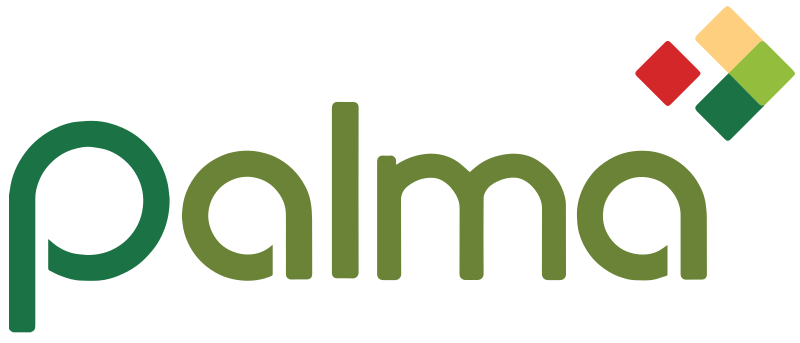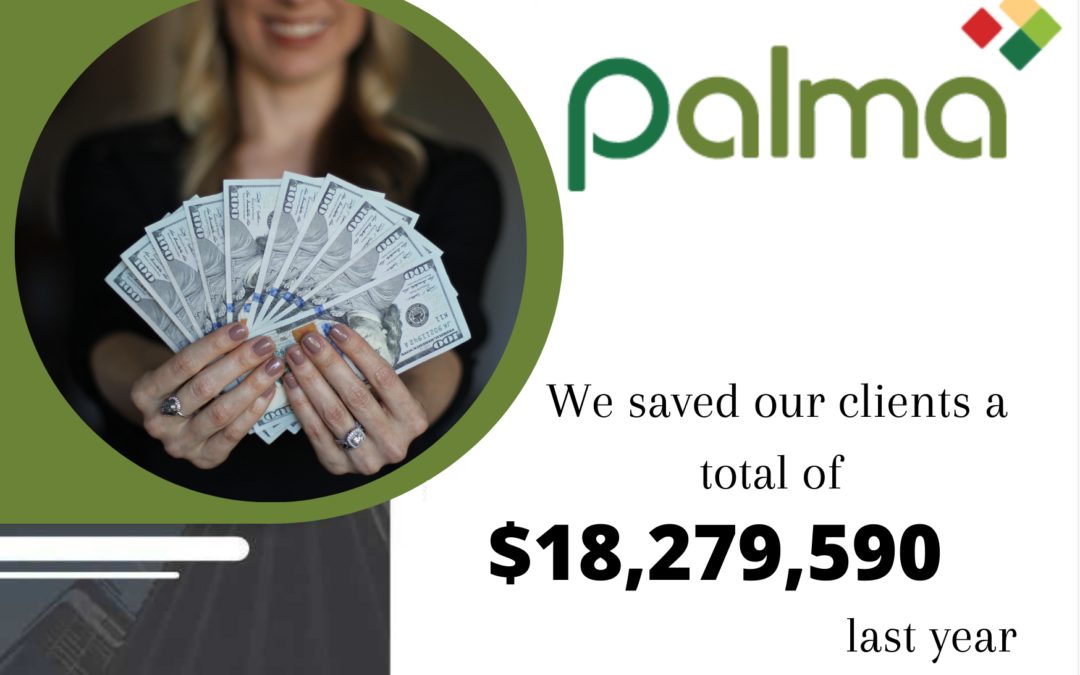If you own an unincorporated business, you must pay federal income taxes, Social Security and Medicare taxes, and self-employment tax.
Self-employment taxes are not insubstantial. Indeed, many business owners pay more in self-employment taxes than income tax. Self-employment tax is not the same as income tax. The self-employment tax is 15.3%:
- 12.4% Social Security tax up to an annual income ceiling ($147,000 for 2022) and
- 2.9% Medicare tax on all self-employment income.
If your self-employment income is more than $200,000 or $250,000 (depending on marital status), you must pay a total Medicare tax of 3.8%
You must pay the self-employment tax if you earn income from a business you own as a sole proprietor or single-member LLC.
You don’t pay self-employment tax on personal investment income or hobby income.
For example: You don’t pay self-employment tax on profits you earn from selling stock, your home, or an item on eBay.
The tax code bases your self-employment tax on 92.35% of your net business income. Your business deductions are doubly valuable since they reduce income and self-employment taxes. In contrast, personal itemized deductions and “above-the-line” adjustments to income don’t decrease your self-employment tax.
Some of the types of income are not subject to self-employment at all, including:
- Most rental income,
- Most dividend and interest income,
- Gain or loss from sales and dispositions of business property, and
- S corporation distributions to shareholders.
A sound tax planning strategy can keep you from overpaying self-employment taxes.

